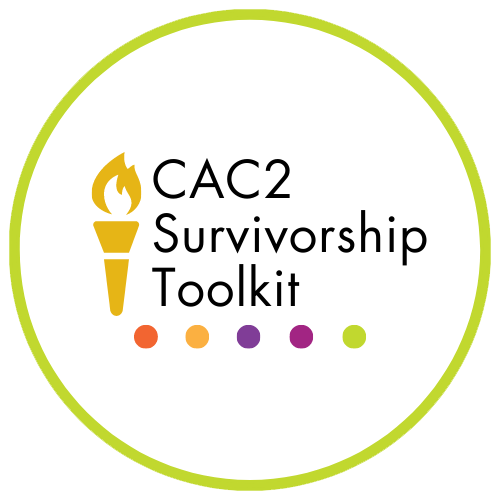
Families often experience significant financial burden and emotional distress following childhood cancer treatments. In some cases, one parent may have left work to care for the child in the hospital. Travel expenses can grow quickly, especially when families live a distance from the treatment facility or if siblings need to be cared for by relatives or close friends who live in another state. Additionally, families may need to spend money on activities that create special memories with their child. Some expenses aren’t considered “logical” to the general community but are paramount for desperate families who want to create precious memories with their child, or treasured family moments, for fear that it is the only opportunity to enjoy time together. “Financial toxicity” is the impact of these cumulative expenses that tax fragile financial conditions for families. Unfortunately, the need for further medical intervention and support to help manage survivor issues can further exacerbate these challenges. As survivors grow older, some experience continued dependency on their parents due to chronic health issues that challenge the ability to support themselves financially and live independently. This section will provide information on managing medical bills, long-term planning, addressing debt, and accessing government programs for insurance and financial support.

Often, health insurance is described as one of the most effective ways to alleviate financial burdens related to medical expenses and overall financial health. To avoid the significant financial burden that can result from addressing chronic health issues, a childhood cancer survivor should always have quality health insurance. Many chronic conditions can arise from childhood cancer treatments and surgery, and regular screenings and testing are necessary to detect health issues earlier so conditions may be easier to treat. Further, additional insurance policies may be necessary due to standard exclusions on health insurance policies, such as coverage for hearing aids, prosthetics, or alternative medical therapies.
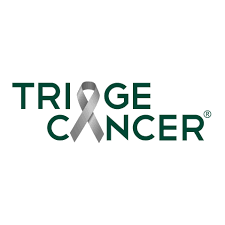





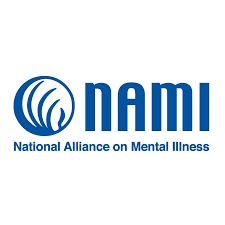

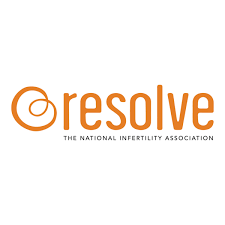
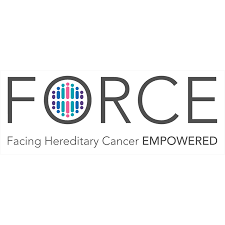
Several government support programs provide assistance to survivors and their families for insurance and financial needs, including food, housing, medical bills, and other basic living expenses. Medicare provides federal health insurance to individuals over 65, those experiencing kidney failure, and those receiving disability benefits. Medicaid is administered by each state, and provides health insurance to eligible low-income adults, children, pregnant women, elderly adults, and people with disabilities. Supplemental Security Income (SSI) is a federal program that provides monthly support to adults and children below specific financial limits who meet certain criteria, such as having a medical condition that prevents them from working, being blind, or being 65+ years old. Social Security Disability Insurance (SSDI) is a federal program that pays disability benefits to individuals and certain family members who have the required work history and who have a medical condition that either prevents them from working for at least 12 months or whose condition is expected to end in death. SNAP (Supplemental Nutrition Assistance Program), or EBT (electronic benefit transfer), is a federal program that provides monthly funds for people who qualify based on monthly income and family size to buy the food they need. Qualifying for SNAP immediately qualifies individuals for other programs and discounts on basic services.






Effective financial management helps alleviate the burden of cancer and improve the financial wellbeing of survivors and their families. Cancer treatments and survivorship care can be costly and ongoing. It is important to learn about inventorying your current financial situation, managing and paying medical bills, and building confidence in addressing financial matters. Due to the fragile health of some childhood cancer survivors, it is crucial to prioritize long-term planning when possible, such as arranging for life insurance for caregivers and spouses, and preparing siblings who may inherit the responsibility to care for their sibling survivor when parents can no longer do so.

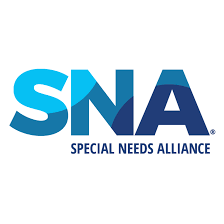
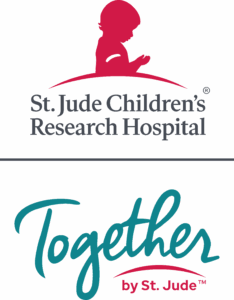



The National Cancer Institute (NCI) defines financial toxicity as the problems a patient or patient’s family may face related to the cost of medical care. Lack of health insurance or high costs not covered by insurance can lead to financial difficulties, potentially resulting in debt or bankruptcy. Financial toxicity can also impact a patient’s quality of life and access to medical care. This term encompasses out-of-pocket expenses, such as copayments, deductibles, and coinsurance, which can accumulate when dealing with various late effects, causing financial strain for survivors and their families. Cancer survivors often report spending more on medical care than those who have not had cancer, with some spending over 20% of their annual income on medical care. STUPID CANCER addresses financial toxicity and provides a list of questions to help patients save money when dealing with their provider, billing department, and/or insurance company.
Out-of-pocket costs associated with cancer that you may need to pay include direct medical expenses, associated costs (transportation costs to and from the hospital and clinic, potential lodging, etc.), and basic living expenses. Cancer Care has broken down the process in their article, MANAGING THE COST OF CANCER into three parts to help you better understand and budget for the expenses associated with childhood cancer survivorship: organize yourself; understand your health insurance and the range of coverage options available to you; and control your spending. You may need to verify invoices and explanations of benefits (EOBs), meet with a financial counselor at your medical institution, work out payment arrangements, explore nonprofit assistance, and use available resources.
Unfortunately, it is all too common for people to borrow money to pay for cancer treatment and subsequent doctors’ visits when managing late effects. Lending institutions typically base their decisions on one’s credit score, but they also consider the 3 Cs – character, capacity, and capital – when determining the amount to lend. TRIAGE CANCER’S ONLINE TOOLKIT provides practical steps for survivors and their families to manage their finances.
Many different health insurance plans are available, each with varying features and levels of coverage. If you have multiple insurance plans, you should clarify which plan pays first and which pays second. This is called coordination of benefits (COB). TRIAGE CANCER’S QUICK GUIDE provides further information on COB, including a table that outlines primary and secondary payers for different types of health insurance plans.
Medicare is a government health insurance program that is typically available to individuals who are 65 years of age or older and those who meet the requirements for SOCIAL SECURITY DISABILITY INSURANCE (SSDI). Different parts of the program cover various expenses, such as hospital stays, standard coverage for clinic visits, and prescription coverage. If you have qualified for SSDI, there is a 24-month eligibility period before receiving Medicare. Medicaid is a joint federal and state program that helps cover medical costs for some people with limited income and resources. LEARN MORE about the program in your state.
The CHILDREN’S HEALTH INSURANCE PROGRAM (CHIP) is a joint federal and state program that provides health coverage to uninsured children in families with incomes too high to qualify for Medicaid, but too low to afford private coverage.
Maintaining health insurance coverage is crucial to caring for your health and effectively managing late effects, both now and in the future. Your work status and state of residence can impact when you should consider obtaining your own policy. The Forbes article, HOW LONG CAN YOU STAY ON YOUR PARENT’S HEALTH INSURANCE? offers valuable advice for survivors considering an independent health insurance policy.
The SOCIAL SECURITY DISABILITY INSURANCE SSDI program provides benefits to individuals and certain family members once approved for the program. To qualify, one must have worked long enough – and recently enough – and also paid Social Security taxes on earnings. The SUPPLEMENTAL SECURITY INCOME (SSI) program pays benefits to adults and children who meet the requirements for a qualifying disability and have limited income and resources. Although these programs differ, the medical requirements are the same. If an individual meets the nonmedical requirements, they will receive monthly benefits if they have a medical condition that is expected to last at least one year, or result in death. SSDI benefits can provide a financial lifeline for cancer survivors who cannot work due to qualifying chronic issues. To increase the chances of approval, some survivors seek the assistance of an experienced social security disability attorney.
